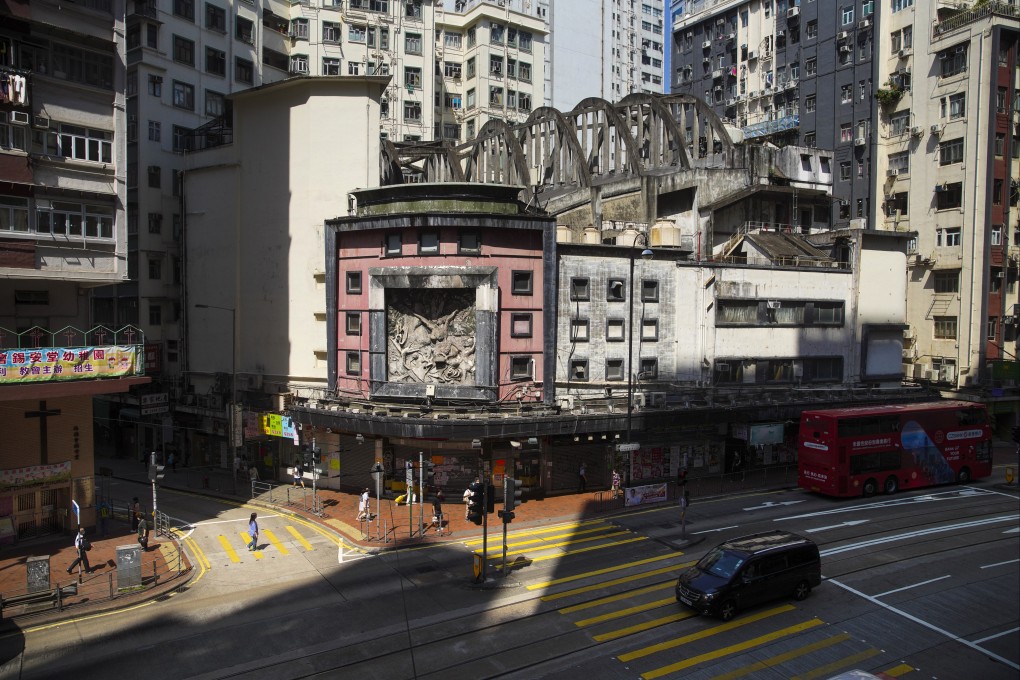Hong Kong developer New World to tap improved sentiment by bringing property launches forward after posting interim loss
- Company hopes to leverage positive sentiment unleashed by the removal of Hong Kong’s property curbs, CEO Adrian Cheng says
- NWD announces an interim dividend payout of HK$0.20 per share, 56.5 per cent below last year’s HK$0.46 per share

The company unveiled the plan on Thursday after it reported that its profit attributable to shareholders arising from continued operations for the six months ending on December 31 fell 12.8 per cent to HK$502 million (US$64 million). Its shares slipped 2.1 per cent to HK$9.87 on Thursday, bringing its loss so far this year to 18.6 per cent.
“As the financial secretary has announced the lifting of property curbs, and the Hong Kong Monetary Authority has relaxed mortgage loan policies, which are in effect attracting the public and investors to the market and driving its recovery, the group will leverage this positive sentiment,” said Adrian Cheng Chi-kong, NWD’s CEO.
“We hope that we can achieve a positive sales revenue result in the coming year.”